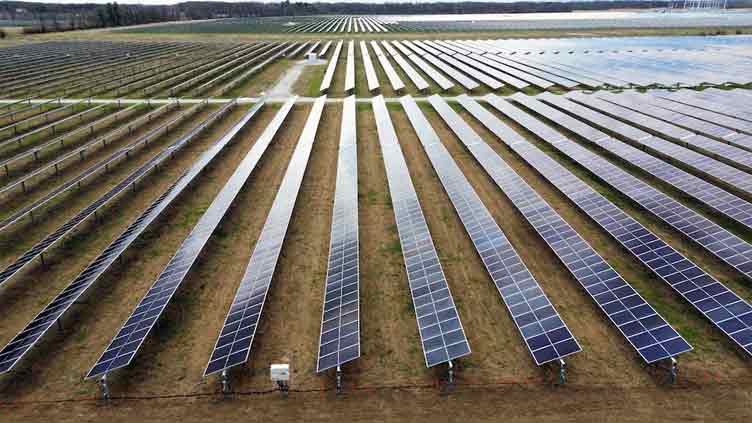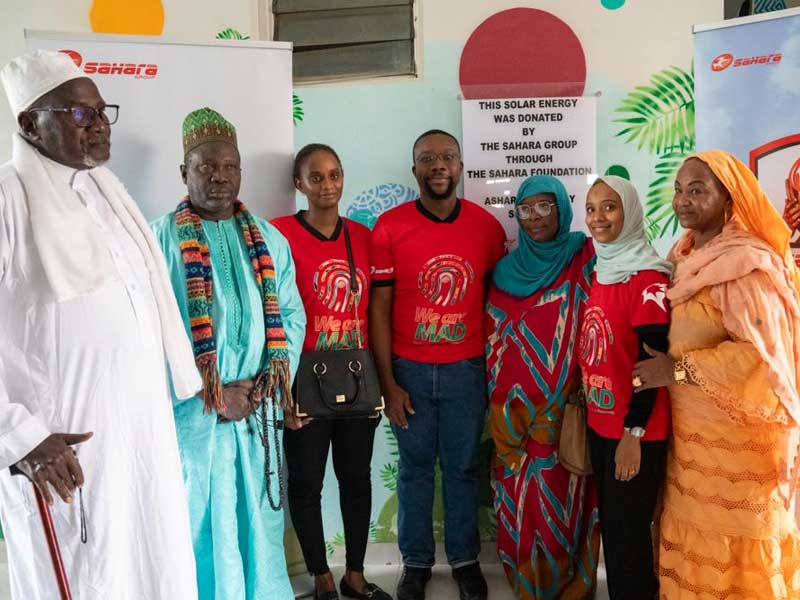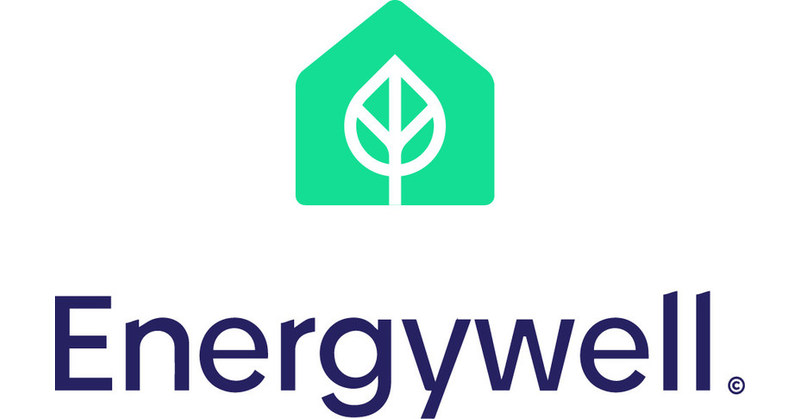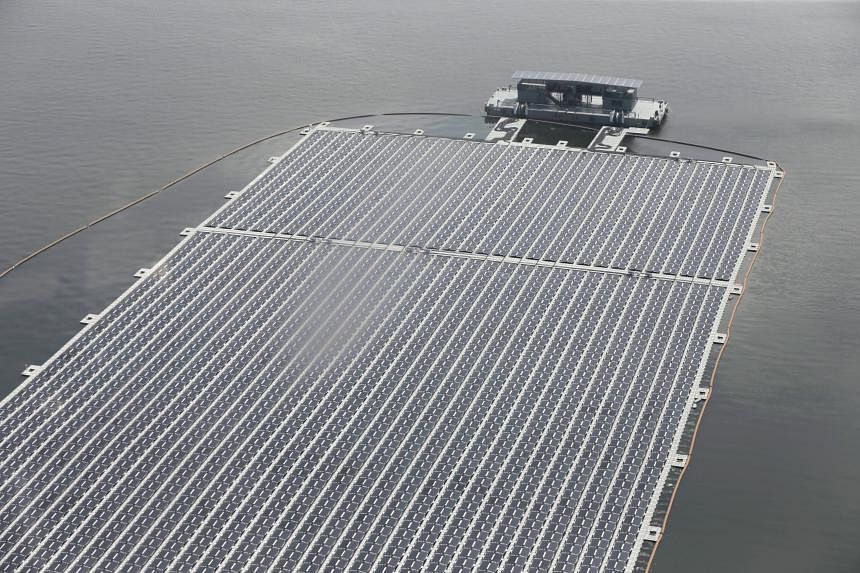Solar Energy’s Impact on Agricultural Heartland
The expansion of solar capacity in the United States, particularly across the fertile Midwest, is sparking concerns about the future of prime farmland. The rush to harness solar power’s potential is transforming vast stretches of agricultural land into solar farms, raising questions about the sustainability of such ventures.
Farmer’s Plight: Land Leases and Environmental Fallout
Dave Duttlinger, an Indiana farmer, leased out a significant portion of his land to Dunns Bridge Solar LLC, a subsidiary of NextEra Energy Resources LLC. However, the construction activities associated with the solar project have left Duttlinger’s fields damaged and unproductive. Despite assurances from the solar company, the grading and reshaping of his land have led to erosion and loss of topsoil, rendering a considerable portion of his farm unusable for future agricultural purposes.
Solar Boom and Its Toll on Agriculture
Driven by incentives and favorable conditions, the solar industry is expanding rapidly in the Midwest. However, this growth is encroaching upon some of the nation’s most fertile soils. According to a Reuters analysis, solar projects are increasingly occupying land classified by the USDA as prime for crop production. This trend raises concerns among farmers and experts about the long-term impact on food production and agricultural economies.
Balancing Profit and Sustainability
The promise of lucrative land leases is tempting for farmers grappling with fluctuating crop prices. Solar leases can offer significantly higher returns compared to traditional farming practices. However, the trade-off between short-term financial gains and long-term sustainability is a subject of intense debate. While some argue that solar development can enhance economic productivity, others caution against sacrificing valuable farmland for energy projects.
The Road Ahead: Policy and Priorities
As the Biden Administration pushes for decarbonization and renewable energy targets, the debate over land use intensifies. Balancing the need for clean energy with agricultural sustainability remains a formidable challenge. Efforts to promote “Smart Solar” initiatives, which prioritize the use of marginal or non-agricultural lands for solar development, are gaining traction. However, finding consensus on land-use policies that safeguard both energy needs and food security is paramount.
In conclusion, while the solar energy sector holds immense promise for addressing climate change, its expansion must be carefully managed to mitigate adverse impacts on vital agricultural resources. Striking a balance between renewable energy goals and agricultural sustainability is imperative for ensuring a resilient and prosperous future for both sectors.
Source:dunyanews.tv





